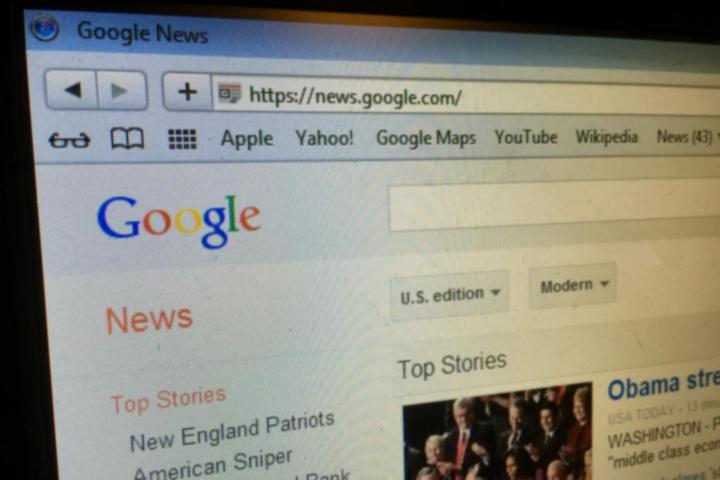
Google first started labeling article types seven years ago, with tags including In-Depth, Opinion, Wikipedia, and most recently, Local Source. “Many readers enjoy having easy access to a diverse range of content types,” Google said in its original blog post announcement last fall, and to that end, the search company has added Fact Check in order “to help readers find fact checking in large news stories.”
While Fact Check was initially made available to just a few countries, Google has now announced that the label will be available in Google News everywhere, and that it has also been expanded into Search globally in all languages. That means that when you search for information using Google, you’ll see a bit of extra information about your results, like who made the claim, and the fact check of that particular claim, Google said. Note, however, that this information won’t always be available for every search.
But just how is Google doing this fact checking? According to its recent blog post, “Google News determines whether an article might contain fact checks in part by looking for the schema.org ClaimReview markup.” Results are also pulled from sites that adhere to the commonly accepted standards for fact checks.
For publishers who create fact checks themselves and want to apply the “Fact Check” tag to their pieces, Google has a few instructions laid out as well. Simply check out the help center, where publishers can find all the necessary criteria.
“We’re excited to see the growth of the Fact Check community and to shine a light on its efforts to divine fact from fiction, wisdom from spin,” Google concluded. And in a few words, friends, so are we.
Updated on 04-07-2017 by Lulu Chang: Added news of expanded rollout.
Editors' Recommendations
- What is MusicLM? Check out Google’s text-to-music AI
- These are the new AI features coming to Gmail, Google Docs, and Sheets
- Google just enabled an awesome new feature in Google Docs
- All the new Chromebook features quietly announced at Google I/O
- This new Google Chrome feature may boost your search history

